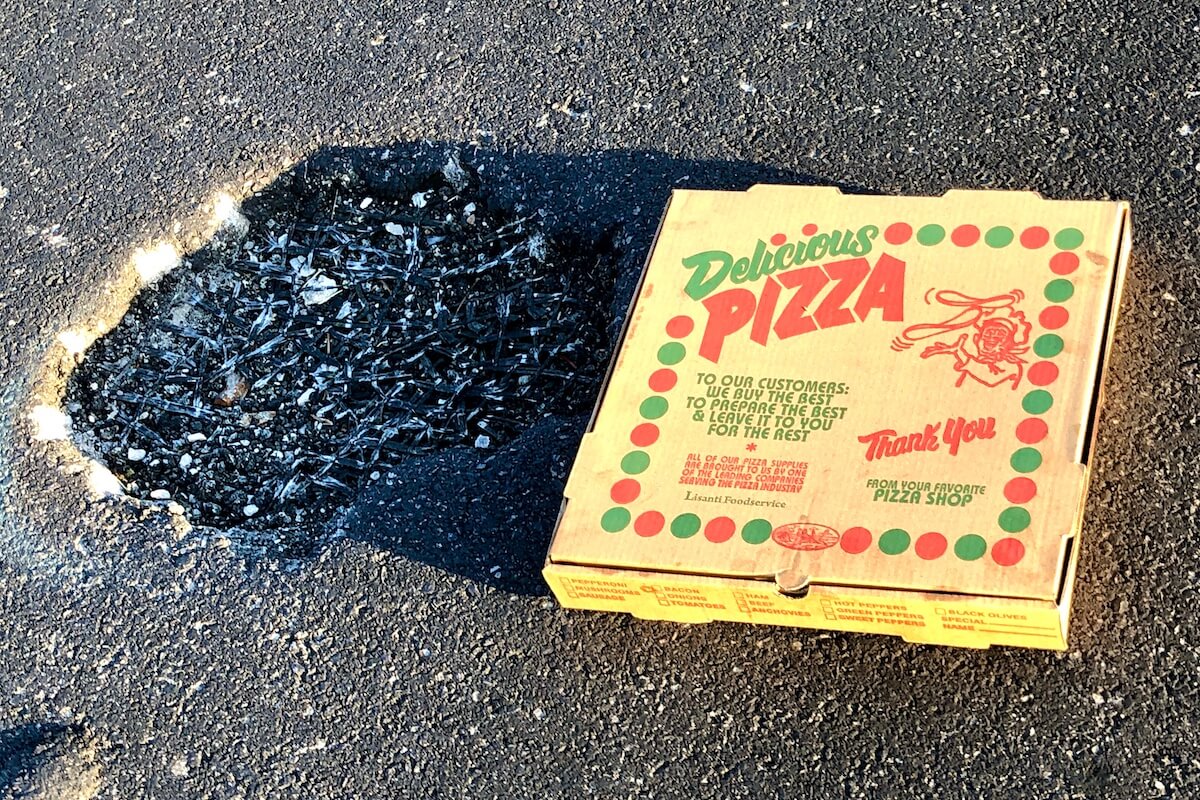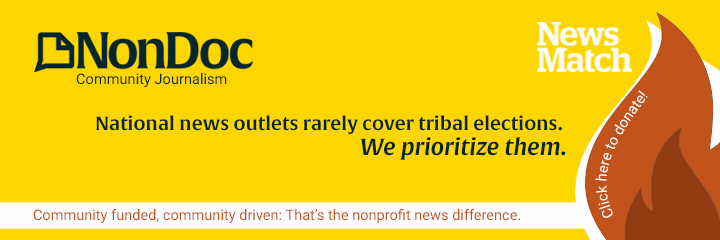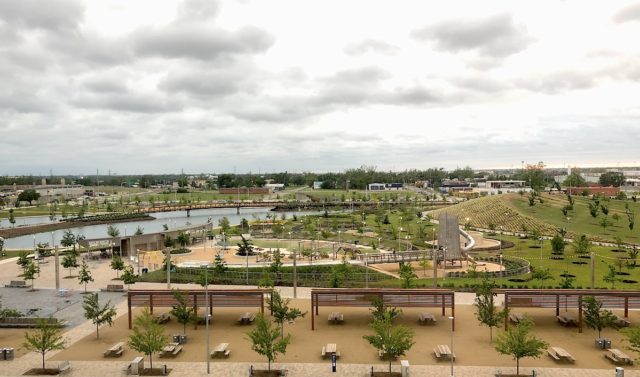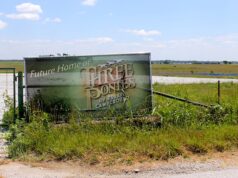The OKC City Council voted today on how to allocate money received as part of the federal government’s American Rescue Plan, passed by Congress earlier this year.
Oklahoma City’s share from the plan will be $122.5 million, about half of which has already been received. The city will receive the second half of the funds in May 2022.
The Council directed $78.5 million to replacing municipal revenue lost owing to the pandemic. A further $37 million will be put toward a response to negative economic impacts as a result of the coronavirus. Finally, $7 million will be directed toward response to the public health emergency.
The plan passed the Council 8-1 with only Ward 5 Councilman David Greenwell voting against it.
“Technically, the recession that took place in 2020 as a result of COVID-19 was the shortest in our country’s history,” Greenwell said. “We rebounded fairly nicely as a city. I don’t want the general public, who may not understand all the details, to have a misconception that we need this money to continue on. Currently, we’re doing well.”
OKC will receive fewer American Rescue Plan funds based on the formula used to calculate each city’s share. Assistant city manager Kenny Tsoodle said the formula took into account poverty, population and housing overcrowding, among other factors.
“While this is a large dollar amount that we’re receiving it’s not as large as many other cities,” Tsoodle said. “There were 57 other cities that received larger allocations than Oklahoma City. While we’re the 22nd largest city in the country, we got the 58th largest allocation. I want to point that out because some of us may hear things in the media about large transformative programs that might go on in other cities. That’s a challenge here. While it is a large amount I don’t think it’s proportional to the size of our city.”
Mayor David Holt said that, because the city received less than others, it will limit what OKC can do with the money.
“Syracuse has 142,000 people and got more money than we did,” Holt said. “You’re going to see other cities doing really transformational things. Syracuse has a budget that is a fraction of ours and got more money, so they’re going to have a capacity to do things far beyond revenue replacement. We did not get that kind of money. I hate to make $122 million sound like it’s nothing, but relative to what other cities got, it is much, much smaller, and that’s why most of it will ultimately go to revenue recovery, which was its first purpose.”
The funds must be obligated by 2024 and completely used by 2026, according to the current set of U.S. Treasury Department rules.
The $78.5 million for revenue replacement must be spent, Tsoodle said.
“While it’s called revenue replacement, we’re not allowed to put the funds into the balance of the general fund, or some other fund,” Tsoodle said. “We’re required to spend those on services. Government services are the things we provide every day. But it’s also defined as infrastructure, IT upgrades, buildings, things like that. It’s more than just provided services. It gives us broad leeway to spend it on infrastructure.”
The $37 million allocated for response to negative economic impacts will be spent on single-family housing programs, small businesses and non-profit assistance, Tsoodle said.
The $7 million allocated for the coronavirus public health response will include funding to continue monitoring the city’s sewer system for large coronavirus outbreaks. The city will also gather other data and purchase vehicles that could conduct mobile testing and vaccination clinics. The construction of a drive-thru testing and vaccination center is also a possibility, Tsoodle said.
Within that category, $4 million could be allocated to job training, Tsoodle said.
“The bulk of our individual assistance would be used for targeted job training,” Tsoodle said.
OKC residents want better streets, traffic flow

Oklahoma City residents appear to like their city, according to survey results from the ETC Institute.
OKC has been surveying residents since 2005. This year, 1,283 surveys were completed, with surveys mailed to randomly selected addresses.
This year’s survey found 85 percent of Oklahoma City residents who responded said they see the city as a good place to live. Eighty two percent of respondents said the city is a good place to work.
Residents see traffic flow, code enforcement and public transportation as the city’s top priorities for improvement.
But there were other areas respondents said were well below their expectations. The condition of the city’s streets is seen as a significant problem, with 13 percent of respondents saying they were happy with the city’s roads. That’s well below the 52 percent approval average of other similar-sized cities surveyed by ETC.
ETC CEO Chris Tatham presented the findings to the Council. He said low street condition satisfaction is not unusual for large cities like Oklahoma City.
Greenwell asked about how difficult it is to change public perception of streets, and Tatham said reversing public opinion is often difficult.
“I haven’t seen a lot of large cities make a dent in street maintenance because once it gets so low, it takes a lot longer to get it back,” he said. “Even though you do what appears to be a lot, it’s not as much people want.”
Safety is another area where Oklahoma City scored lower than the national average. According to the survey, 63 percent of respondents said they felt safe, compared to a national average of 75 percent.






















